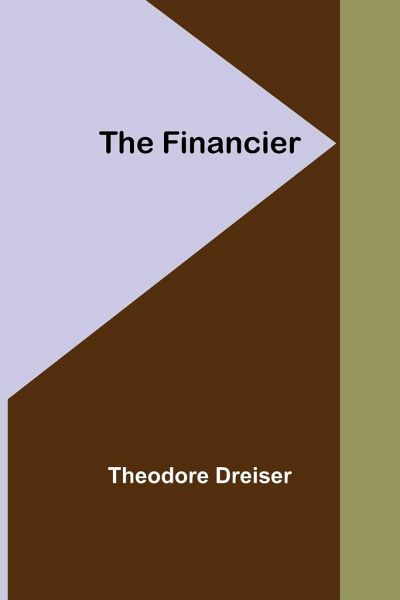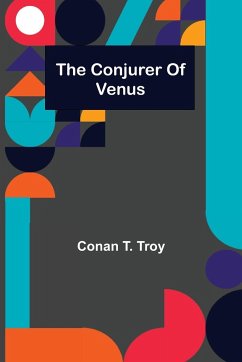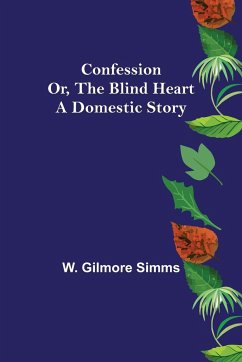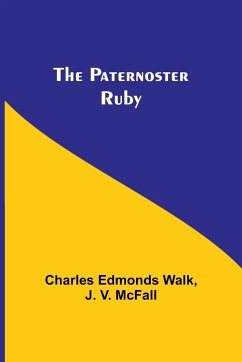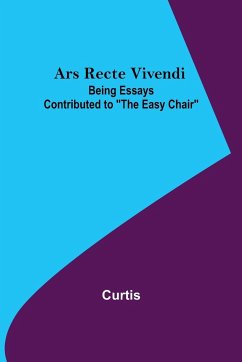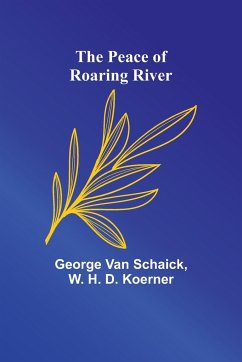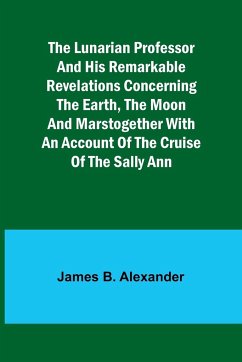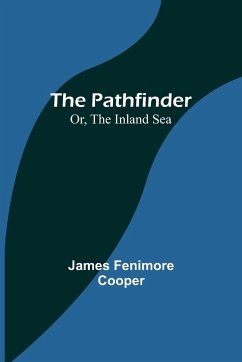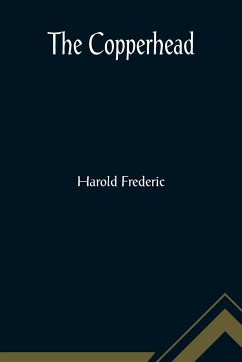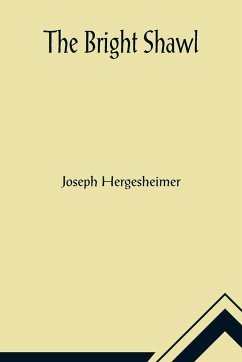Theodore Dreiser, born on August 27, 1871, in Terre Haute, Indiana, was the twelfth of thirteen children in a family marked by severe poverty. His father, John Paul Dreiser, was a German immigrant, while his mother, Sarah Maria, hailed from a Mennonite farming community in Ohio. Dreiser briefly attended Indiana University from 1889 to 1890 but left without earning a degree. ¿Embarking on a career in journalism, Dreiser wrote for the Chicago Globe and later for the St. Louis Globe-Democrat. His experiences as a reporter exposed him to the stark realities of urban life, which profoundly influenced his literary work. In 1900, he published his debut novel, Sister Carrie, portraying a young woman's pursuit of success in the city, challenging the era's moral norms. ¿Dreiser's commitment to naturalism led him to explore themes of ambition, desire, and societal constraints in his subsequent works. His 1925 novel, An American Tragedy, examined the dark side of the American Dream, cementing his status as a leading figure in American literature. Dreiser's unflinching portrayal of human nature and societal flaws continues to resonate, reflecting his enduring literary legacy.
